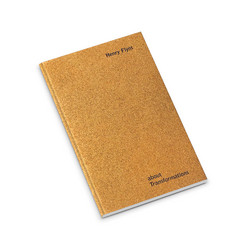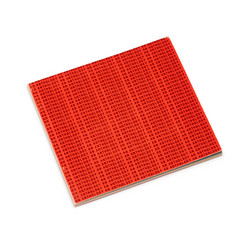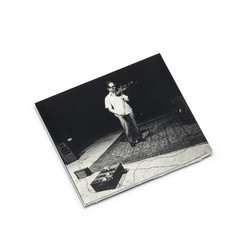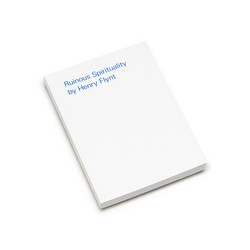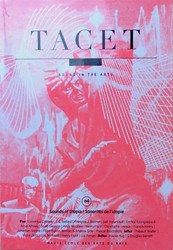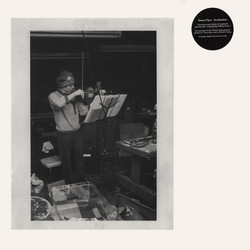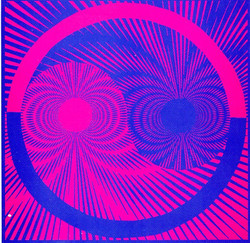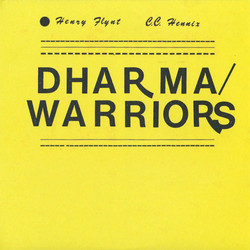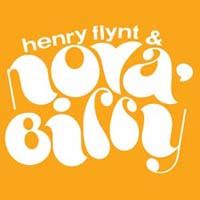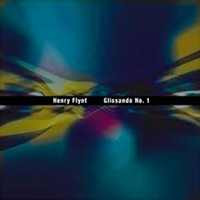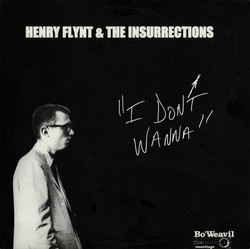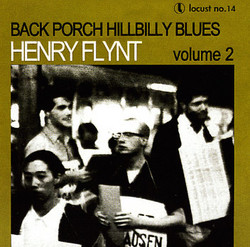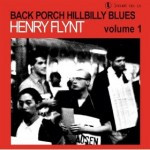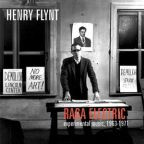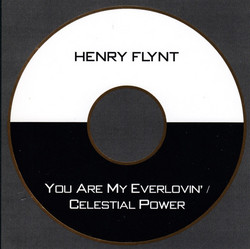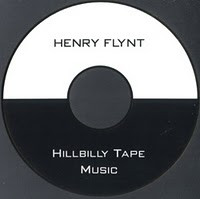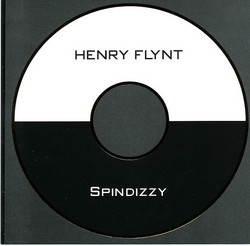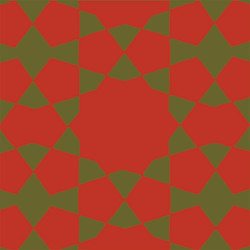Henry Flynt
Philosopher, composer, and violinist Henry Flynt occupies a unique place in the history of experimentalism in the United States. Highly critical of established institutions of “serious culture,” Flynt began in the 1960s to combine blues licks and country fiddling styles with a modal approach to extended improvisation. He has recently released ten albums, a string of recordings spanning modernist sound experiments, hillbilly fiddling, rawkus garage rock, Hindustani-inflected solo violin improvisations, and what might be called “minimalist country.” Produced between 1963 and 1984, these works provide a wonderful opportunity to re-examine histories of experimental music in the U.S. from the critical perspective of an iconoclastic intellectual.

Philosopher, composer, and violinist Henry Flynt occupies a unique place in the history of experimentalism in the United States. Highly critical of established institutions of “serious culture,” Flynt began in the 1960s to combine blues licks and country fiddling styles with a modal approach to extended improvisation. He has recently released ten albums, a string of recordings spanning modernist sound experiments, hillbilly fiddling, rawkus garage rock, Hindustani-inflected solo violin improvisations, and what might be called “minimalist country.” Produced between 1963 and 1984, these works provide a wonderful opportunity to re-examine histories of experimental music in the U.S. from the critical perspective of an iconoclastic intellectual.
